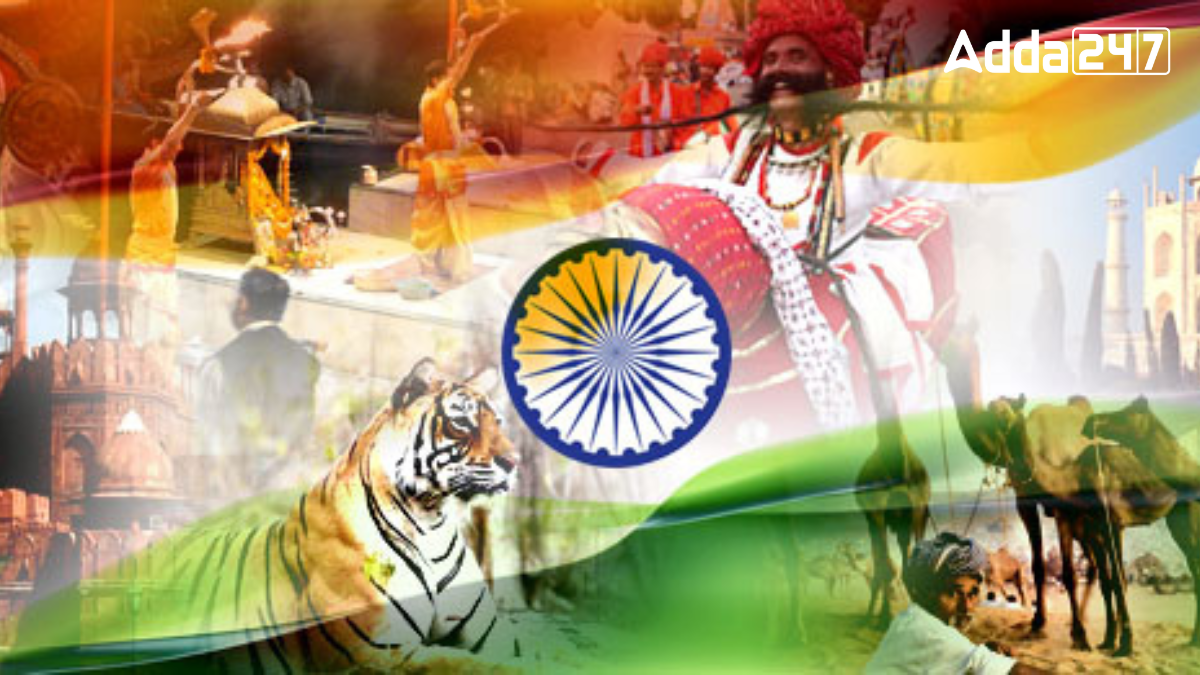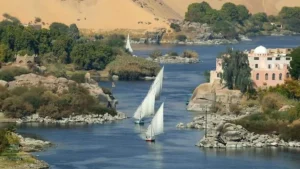With a population exceeding 1.3 billion, India stands as a beacon of democracy, proudly holding the title of the world’s largest democratic nation. Since gaining independence from British colonial rule in 1947, India’s journey as a democratic republic has been one marked by challenges, triumphs, and a steadfast commitment to the principles of freedom, equality, and justice.
What is meant by Democratic Country?
A democratic country is one where power is vested in the hands of the people, either directly or through elected representatives. It operates under the principles of political equality, freedom of expression, and rule of law. Democratic countries typically hold regular elections, respect individual rights and freedoms, and have mechanisms in place to ensure accountability and transparency in governance. The core tenets of democracy include participation, inclusivity, and protection of minority rights.
Largest Democracy in the World – Indian Democracy
India boasts the world’s largest democratic government, established with the inception of its Constitution on January 26, 1950. Democracy in India ensures universal suffrage, granting every citizen over 18 years the right to vote, regardless of religion, caste, or gender. The democratic principles of liberty, equality, fraternity, and justice underpin India’s federal structure, with both central and state governments elected through democratic processes. The election of representatives marks a significant milestone, emphasizing India’s commitment to political equality and collective decision-making. Key features include collective ministerial responsibility, respect for minority opinions, provision of fundamental rights, and an independent judiciary, all contributing to the robustness and inclusivity of India’s democratic framework.
Key Features of Indian Democracy, World’s Largest Democracy
Here are the key features of Indian Democracy, the largest democracy of the world:
- Multi-party system: India’s democracy features a diverse political landscape with multiple parties competing for power.
- Universal Adult Franchise: All adult citizens have the right to vote regardless of caste, creed, religion, or gender, who are above the age of 18 years.
- Federal structure: Power is divided between the central government and state governments, ensuring regional representation and autonomy.
- Independent judiciary: The judiciary acts as a check on the executive and legislative branches, upholding the rule of law and protecting individual rights.
- Freedom of expression: Citizens enjoy the right to express their opinions freely, fostering a vibrant public discourse and political participation.
- Regular elections: Elections are held at regular intervals, ensuring accountability and giving citizens the opportunity to choose their representatives.
- Fundamental rights: The Constitution guarantees fundamental rights to all citizens, including equality before the law, freedom of religion, and the right to education.
- Secularism: India adopts a secular approach, treating all religions equally and maintaining a separation between religion and state.
- Parliamentary system: The government is elected by the legislature, with the Prime Minister and Council of Ministers accountable to the Parliament.
- Grassroots democracy: Through institutions like Panchayats and Municipalities, India promotes local self-governance, empowering communities at the grassroots level.




 Which District of Uttar Pradesh is known...
Which District of Uttar Pradesh is known...
 Which Mountain is known as the Stone Sen...
Which Mountain is known as the Stone Sen...
 Which River is known as the Lifeline of ...
Which River is known as the Lifeline of ...








